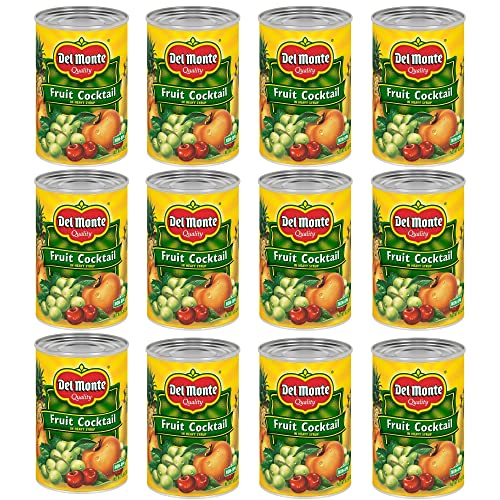



Transporting fresh produce in checked bags is generally not permissible. Airlines and airport security often enforce strict regulations regarding organic items in hold compartments. Most fruits can cause issues during transit, especially when traveling internationally, due to agricultural regulations and biosecurity laws aimed at preventing pests and diseases from spreading.
Before packing any perishable goods, verify the specific policies of the airline and the destination country. Many locations have restrictions on certain types of plants and fruits, leading to potential confiscation and fines. Noncompliance can result in having items discarded or delays at customs during arrival.
If indulging in homegrown snacks or local specialties is a priority, consider opting for store-bought, sealed items that comply with travel regulations. Dried or canned alternatives remain acceptable, depending on destination rules. Always research ahead to ensure a smooth travel experience and avoid unexpected hurdles upon arrival.
Understanding Airline Regulations for Fruits
Check airline specific policies prior to traveling to avoid complications. Regulations vary significantly based on destination and carrier.
- Domestic Flights: Generally, transporting non-perishable produce is permissible. However, certain states or regions may have restrictions. Confirm local guidelines.
- International Travel: Many countries impose strict regulations on the importation of agricultural products. Commonly banned items include citrus, stone fruits, and certain berries. Always check the customs rules of your arrival country.
- Quantity Limitations: Even if allowed, packing excessive quantities may raise suspicion during inspections. Adhere to reasonable amounts.
Inspect packaging to ensure there are no leaks or odors that may alert security personnel. Fruits should remain intact and free of pests or disease.
Inquire about storage methods on board. Some airlines provide guidelines for packing items in a manner that maintains their quality during transit.
Be prepared for inspections. Security may require opening bags for examination. Use breathable bags that facilitate airflow.
For specific inquiries, utilize airline customer service resources. They can provide the latest updates on policies affecting your journey.
Types of Fruits Allowed in Checked Luggage
Travelers should note that many varieties of produce are permitted, but restrictions apply based on destination and origin. Generally, hard-shelled fruits, such as apples and oranges, are acceptable. Other options include bananas and uncut pineapples; these are typically safe choices for air travel.
Conversely, certain soft fruits like berries and grapes may be denied entry due to potential pest infestation. Additionally, some tropical varieties, such as mangos or avocados, face scrutiny because of varying agricultural regulations in different countries.
Always confirm with the specific airline or relevant governmental authority before packing. For travel convenience, consider exploring the best ladies backpack for travel to securely store items.
Lastly, travelers should be aware that packing any fruit with a strong odor, such as durian, may not be advisable as it could lead to discomfort in confined spaces. Following guidelines will help enhance the traveling experience.
Additionally, when at home, having a reliable appliance like the best have hotpoint washing machine can ensure cleanliness before packing any items.
Risks of Spoilage and Damage During Travel
Traveling with fresh produce poses several risks related to degradation and physical harm. To minimize losses, select sturdy varieties less prone to bruising.
Excessive exposure to varying temperatures can accelerate spoilage. Maintain a consistent temperature by insulating items appropriately. Consider using bubble wrap or padded materials for fragile specimens to buffer against impacts.
Moisture can lead to decay. Ensure items are dry before packing. Utilize breathable bags to allow airflow while preventing excess moisture build-up.
Prolonged periods without ventilation can create an unfavorable environment for perishable goods. Inquire about specific handling procedures with airline staff to understand how your cargo will be treated during transport.
Check for different regulations at destination points, as customs may impose restrictions or require immediate disposal of perishable items, potentially leading to loss.
Lastly, monitor overall travel duration. Extended trip times combine risks of spoilage and damage, making it advisable to limit travel with Highly perishable selections.
Tips for Packing Fruit Safely in Checked Bags
Wrap delicate items in cushioning materials like bubble wrap or soft clothing to prevent bruising. Place hard fruits such as apples and pears in rigid containers to avoid damage from pressure during transit.
Temperature Control
Include ice packs or gel packs to maintain a stable temperature. Ensure they are properly sealed to avoid leaks that may damage other belongings.
Declare if Necessary
If traveling to a destination with strict agricultural laws, check if any specific types require declaration. Always inform airline staff if you carry perishable goods.
For repairs on damaged items after travel, consider finding the best luggage repair toronto.







